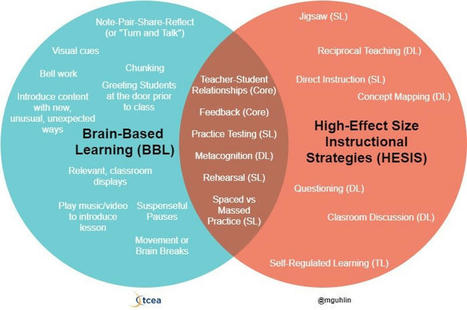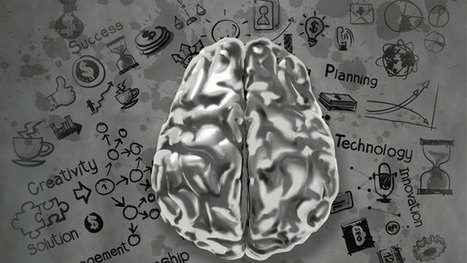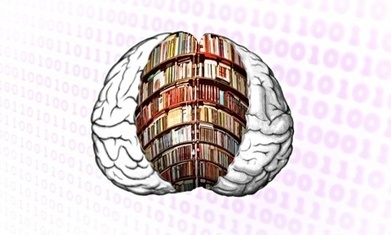Get Started for FREE
Sign up with Facebook Sign up with X
I don't have a Facebook or a X account

 Your new post is loading... Your new post is loading...
 Your new post is loading... Your new post is loading...
No comment yet.
Sign up to comment
|

Gust MEES's curator insight,
September 21, 2016 8:40 AM
— Breaking up and spacing out study time over days or weeks can substantially boost how much of the material students retain, and for longer, compared to lumping everything into a single, nose-to-the-grindstone session.
Learn more / En savoir plus / Mehr erfahren:
https://gustmees.wordpress.com/2016/03/14/time-the-most-important-factor-neglected-in-education/
http://www.scoop.it/t/21st-century-learning-and-teaching/?tag=Brain
|















